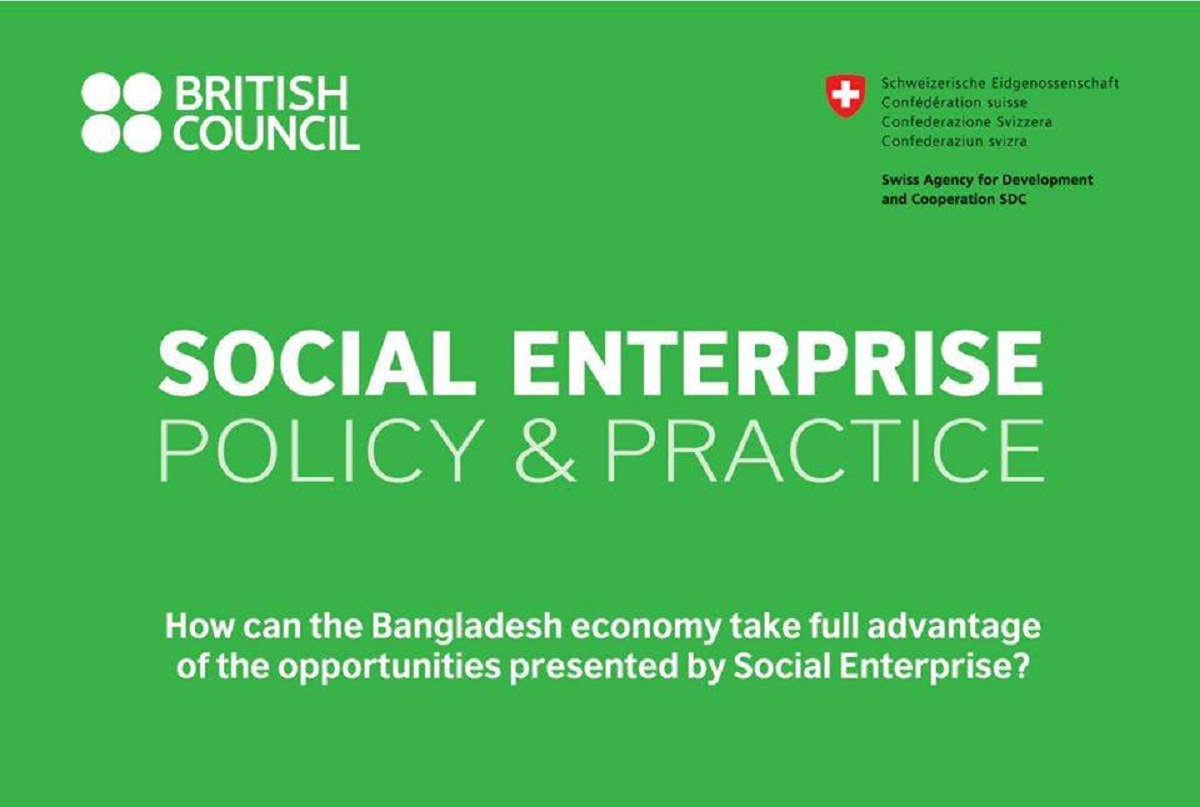
The British Council Bangladesh in partnership with Swiss Agency for Development and Cooperation organized first ever policy dialogue on Social Enterprise: Policy and Practice in Dhaka on February 25-26, 2015. The event attended by more than 100 policy experts, academics, social entrepreneurs and social investors from South Asia, East Asia and the UK, shed light on important aspects of social enterprise and on how Bangladesh can take advantage of opportunities offered by social enterprise.

The two days long event covered topics like: policy support for social enterprise, social enterprise in higher education, social enterprise and women empowerment, impact investment and technology and social enterprise.
However, the central question of two days event remained the same: can social enterprise solve our big problems? But to draw a conclusion on social enterprise whether it can be the solution or not, this is a very early stage. The very idea social enterprise is yet to take root in Bangladesh and we have a lot to learn and understand and put in work. But there are possibilities.
By definition, social enterprise puts importance on social and environmental impact of an initiative. But the question lies in somewhere else: social enterprise itself, some time, is not a sustainable model. Top of that, there is a lack of consensus among stakeholders regarding the definition of social enterprise. So far, we are concerned with comparatively less viable business model that often makes a social enterprise dependent on external financial support. However, complementary models are emerging. Many of today’s social enterprises are adopting market driven approach to achieve a mission. But there is no regulation or framework for such businesses yet.
We have big social problems in Bangladesh, hundreds of it, and we need approaches to solve these problems in a sustainable manner. Businesses can solve these problems effectively, but more often than not conventional business remains profit oriented and seldom could go out of expectation of partners and stakeholders since the core purpose is to maximize profit. Social enterprise, compare to that, starts with a built in advantage: it can go beyond the bar and pursue things. However, the challenge remains the same: sustainability.
